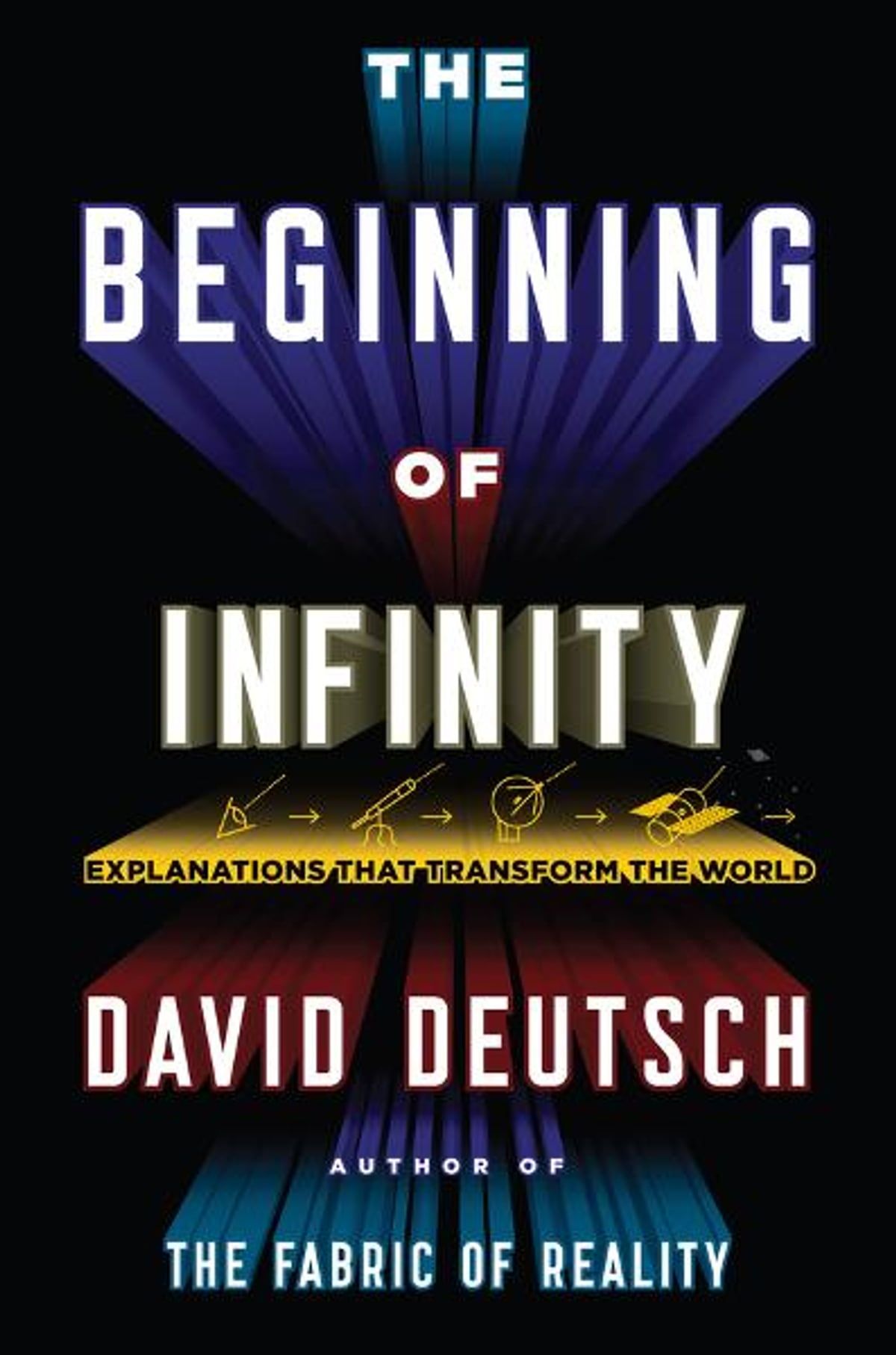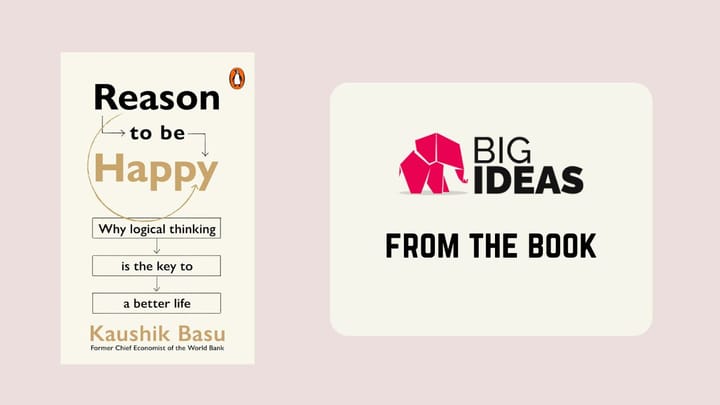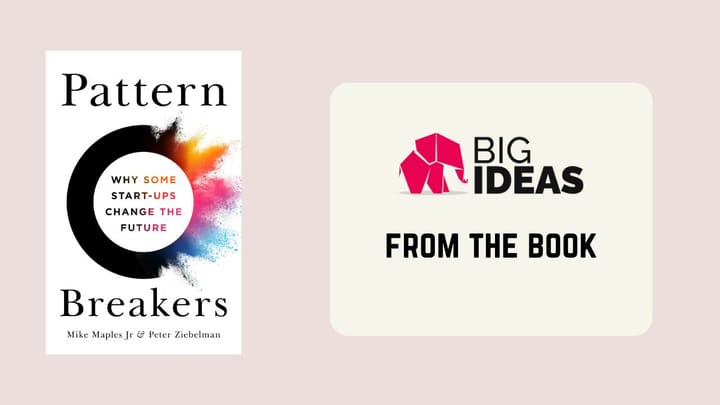The Beginning of Infinity – David Deutsch

We want true explanations. So we seek explanations that remain robust when we test them against those flickers and shadows and against each other and against criteria of logic and reasonableness and everything else we can think of. And when we can no longer change them, we have understood some objective truth. And, as if that were not enough, what we understand, we then control. It is like magic, only real. We are like gods!
The Beginning of Infinity
is the possibility of the unlimited growth of knowledge in the future.
David Deutsch, a renowned physicist, postulates that knowledge consists of explanations (assertions about what is out there beyond appearances). For most of history, we had almost no success in creating such knowledge.
Deutsch’s worldview is that reality is comprehensible. Problems are solvable. Progress is inevitable as long as we have good explanations.
Memes
Memes are ideas that spread.
The world’s major cultures, including nations, languages, philosophical and artistic movements, social traditions, and religions, have been created incrementally over hundreds or even thousands of years. Most of the ideas that define them, including the implicit ones, have a long history of being passed from one person to another. That makes these ideas memes—ideas that are replicators.
False Ways to Get Knowledge
Empiricism: We derive it from sensory experience. False, We interpret experiences through explanatory theories, but true explanations are not obvious. We create new explanations through conjecture. One cannot derive predictions from experience, and one certainly cannot derive explanations.
Inductivism is the theory that the present resembles the past, “the unseen resembles the seen,” and so on. But that’s also false.
Authority: religions, kings, etc. Whoever is in power can decide what the truth is.
All of these are intuitively right, and some even sound scientific. But they are not.
Problems are conflicts
Problems are conflicts between explanations or theories. Expectations are theories too.
Solving a problem means creating an explanation that does not have a conflict.
Since theories can contradict each other, but there are no contradictions in reality, every problem signals that our knowledge must be flawed or inadequate.
Real Knowledge = conjecture + criticism
There is only one way to make progress: through conjecture (guesses) and criticism. We create theories by rearranging, combining, altering, and adding to existing ideas with the intention of improving upon them. The role of experiment and observation is to choose between existing theories, not to be the source of new ones.
Experience is indeed essential to science, but it’s not the source from which theories are derived. Its main use is to choose between theories that have already been guessed.
Continental vs British Enlightenment
Two interpretations of human progress inspired two broad branches of the Enlightenment:
The Continental Enlightenment understood that problems are soluble but not that they are inevitable
The British Enlightenment understood both equally.
The Continental type was impatient for the perfected state, which led to intellectual dogmatism, political violence, and tyranny. The French Revolution and the Reign of Terror are the archetypal examples.
The British one, which was evolutionary and cognizant of human fallibility, was impatient for institutions that did not stifle gradual, continuing change.
Culture
A culture is a set of ideas that cause their holders to behave alike in some ways. By “ideas,” I mean any information that can be stored in people’s brains and can affect their behavior.
The role of Enlightenment
Enlightenment represents a way of pursuing knowledge with a tradition of criticism and seeking good explanations instead of reliance on authority. Enlightenment’s quintessential idea is that progress is both desirable and attainable.
The Enlightenment was a revolution in how people sought knowledge, by trying not to rely on authority. Mainly Religion. That is the context in which empiricism, purporting to rely solely on the senses for knowledge, played such a salutary historical role, despite being fundamentally false and even authoritative in its conception of how science works.
The role of Science
Science is not about prediction. But explanations. Predictions are used to validate new explanations.
Knowledge that is both familiar and uncontroversial is background knowledge.
A rule of thumb is a predictive theory whose explanatory content consists only of background knowledge. Because we usually take background knowledge for granted, rules of thumb may seem to be explanation-less predictions, but that is always an illusion.



Comments ()